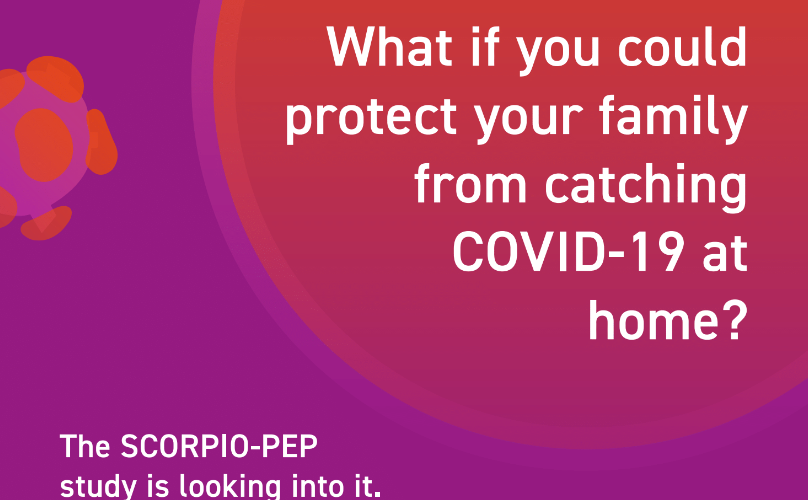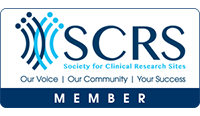COVID-19 has been primarily affecting adults and older individuals. Severe cases and hospitalizations in children, including those aged 6 months to 2 years, are relatively rare. However, children, like adults, can contract COVID-19, and it’s important to take the proper precautions to protect them.
While newborns and infants are very susceptible to many illnesses and colds in public, it is important to make sure our homes are a protected safe place from harmful sicknesses. Many infants go to daycares and pre-schools where there are other children who may be sick or have a cold. In these cases, children can bring home many different viruses and harmful bacteria. It is important not only for parents but those who are running daycares to be proactive in keeping the environment clean.
Tips on keeping a clean atmosphere in childcare settings:
- Parents keep children at home if there is susceptibility to the child being contagious/sick
- Childcare workers should sanitize all surfaces, toys, and high-traffic areas
- Encourage handwashing for everyone including small children
- Wear masks if presented with a cold
- Maintain physical distance when appropriate
Tips to preventing illnesses at home:
- Sanitizing all surfaces
- Consistent hand washing
- Reducing exposure to others in the household that are sick
- Encourage a good sleep routine (adequate sleep allows the body to stay healthy)
- Get vaccinated against illnesses such as the flu and COVID-19
The symptoms of COVID-19 that are seen in young children and infants are similar to adults. Common symptoms can include fever, cough, runny nose, congestion, fatigue, and in some cases, gastrointestinal symptoms like diarrhea. While most children experience mild or asymptomatic cases, severe cases and hospitalizations can occur. Some children with underlying medical conditions may be at a higher risk of severe illness such as COVID-19.
Frequently asked questions:
- Are there any long-term effects of COVID-19 in young children?
- Some children experience lingering symptoms after recovering from COVID-19, this is known as “long COVID.” These symptoms can include fatigue, difficulty concentrating, and other symptoms.
- Should young children wear masks?
- The guidance on mask-wearing for young children may vary by location and age. Consult your local health authorities for specific recommendations. In general, masks are more effective for older children and adults, while young children may have difficulty wearing them properly.
- How is COVID-19 diagnosed in young children?
- COVID-19 is typically diagnosed through a laboratory test or swab, which detects the presence of the virus’s genetic material or proteins. A healthcare provider can advise on what type of testing for your child would be best.
Preferred Research Partners is now enrolling children 6 months to 2 years of age for a COVID-19 vaccine. If you would like to protect your child against the virus, call (501) 553-9987 today! If your child exhibits symptoms of COVID-19 or has been exposed to someone with the virus, consult with a healthcare provider for guidance on testing, monitoring, and any necessary medical care. COVID-19 is evolving every day, so it’s important to consult the latest information from the World Health Organization (WHO) or the Centers for Disease Control and Prevention (CDC).



